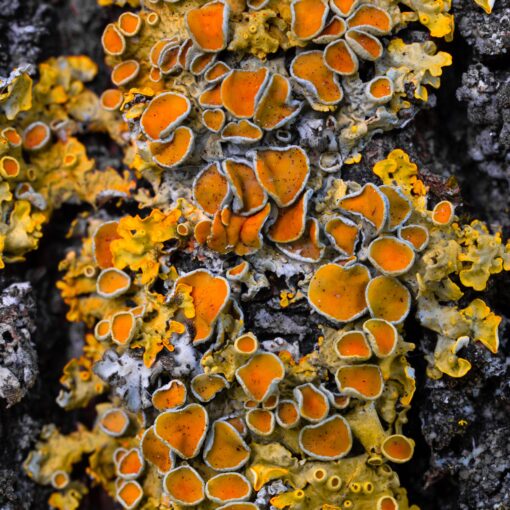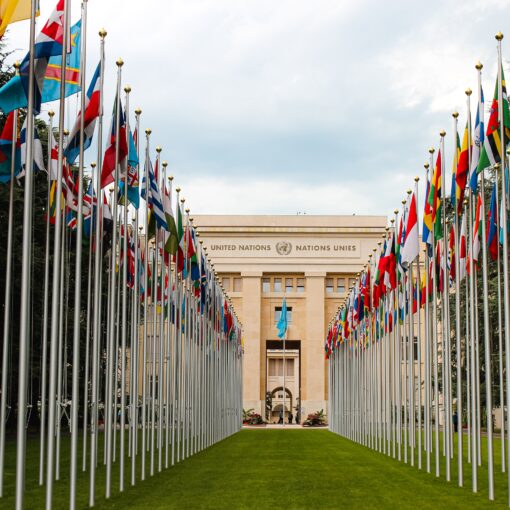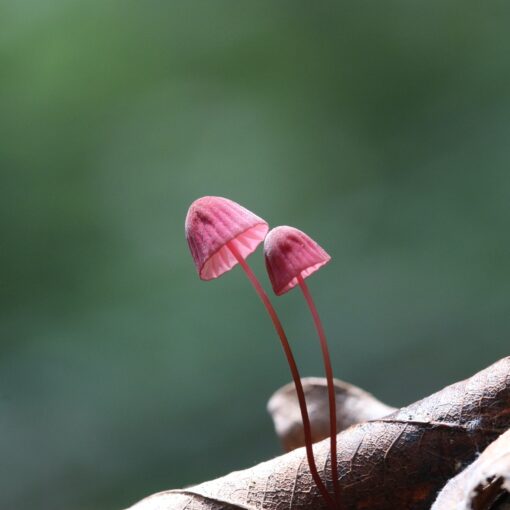
Universities are not good at endings. A university is still considered young at fifty. Longevity and self-reproduction are baked into the model. We want things to be institutionalized and live forever, and anything else tends to be thought of as a failure. But many things do not –– and indeed, should not –– last forever, and it is in those endings that transformation occurs and makes other things imaginable.
We are in the middle of one such transition at the PublicsLab. In January 2023, we received news that we would not be receiving a second round of funding from the Mellon Foundation, which has generously funded us for the last five years. Given the precarious budget situation at the Graduate Center, continuing the PublicsLab in its current form does not seem possible –– which does not mean that the work of the PublicsLab will not transform and live on at the institution. The efforts of many people are now geared towards ensuring that it will leave a lasting legacy at the GC. But it will not look the way it has for the past five years.
In thinking about this cycle of ending and renewal, I’ve realized that I’m dissatisfied with many of the metaphors available to me. “Sunsetting” is the term most often used for when a grant program ends. I like the implication that endings are natural and that programs are cyclical; there’s something celebratory about it, too, that also seems applicable. It reminds me of standing in Mallory Square in Key West, watching the sun dip below the horizon and waiting with anticipation to see if we might catch a glimpse of the famous green flash, one last moment of brilliance before the day ends. Sunsets are beautiful and they provide us with a moment to pause and reflect. And we know, when the sun sets, that it will inevitably rise again.
But I’m not sure that the inevitability of the sunset metaphor works here. It doesn’t capture the ways in which the ending of a program is undeniably difficult for those involved. Endings involve a lot of labor, both administrative and emotional. It is also (at least for me) a process of grieving. It requires us to think about legacy and bequeathment, sometimes in uncomfortable ways. For this reason, sometimes I think that “hospicing” might be a better metaphor, as it underscores the active care that is required to bring something to an end with dignity. Here, I find myself thinking about holding my beloved cat as he passed, and feeling a sense of both deep grief and deep peace, because I knew that it was his time and that he had lived a good life. Although the work of hospicing is in some ways about death, it also brings life into sharper relief.

But the hospicing metaphor doesn’t quite work for me, either, perhaps because a university –– and a program –– is animated by living beings but not, itself, alive. When I think about the end of the PublicsLab, more than anything, I think about what it is going to become — something that doesn’t stand on its own but is interwoven and interdependent with many other parts of the Graduate Center. I’ve had mushrooms on the mind* lately, and in particular the ways in which they convert decomposing matter into both energy and connections through their mycelium. The way mushrooms do this is earthy and not always beautiful –– but it allows for life to continue. Decomposing in this sense is preservation work, is future-facing work, is work that sustains, nourishes, and creates life anew. It behooves us to do it well.
And there are many people at the GC that are invested in doing this well. So many people have been integral to the work of the PublicsLab over the last five years –– from our fellows to our staff to our faculty mentors to our student programming committee to everyone who has been involved with a curriculum grant to our many partners and practitioners. Now, as we turn to the question of where and how we will convert the energy of the PublicsLab into something new that is both sustainable and sustaining, we would like to invite you all to be a part of that conversation.
On Thursday, 27 April at 2pm (location TBD), the PublicsLab in collaboration with the Center for the Humanities will be hosting an event at the Graduate Center: Making Good on Our Public Mission: The Future of Public Scholarship at the GC (register at this link). The purpose of this event is to consider what we all, collectively, together, want the future of public scholarship to be at an institution that prides itself on existing for the public good. One of the ideas under discussion will be a possible PhD certificate in public scholarship, but we are not limiting the conversation to that. We want to think about the connections that might grow out of the PublicsLab and into the future, weaving and integrating and converting matter to energy and sparking new life.
There will inevitably be some looking back and reflecting in this process of transition, and in fact we invite you to contribute to those reflections via Google form here. But we hope that it will primarily be a conversation about looking forward. I hope you will join us!
*Many thanks to Katina Rogers for putting mushrooms on my mind!
 Stacy Hartman is the director of the PublicsLab at The Graduate Center, City University of New York. At the PublicsLab, she manages the Mellon Humanities Public Fellowship program, which trains early career graduate students in the humanities in the methods and practice of public scholarship. In addition to the fellowship program, Dr. Hartman is responsible for developing the PublicsLab internship program, managing a robust slate of events related to public scholarship, and serving as the managing editor of the program’s website. Before coming to The Graduate Center in 2018, she was the project manager of Connected Academics at the Modern Language Association. She is currently co-editing a volume titled Reimagining Graduate Education for a Thriving Humanities Ecosystem. She holds a PhD in German Studies from Stanford University.
Stacy Hartman is the director of the PublicsLab at The Graduate Center, City University of New York. At the PublicsLab, she manages the Mellon Humanities Public Fellowship program, which trains early career graduate students in the humanities in the methods and practice of public scholarship. In addition to the fellowship program, Dr. Hartman is responsible for developing the PublicsLab internship program, managing a robust slate of events related to public scholarship, and serving as the managing editor of the program’s website. Before coming to The Graduate Center in 2018, she was the project manager of Connected Academics at the Modern Language Association. She is currently co-editing a volume titled Reimagining Graduate Education for a Thriving Humanities Ecosystem. She holds a PhD in German Studies from Stanford University.







